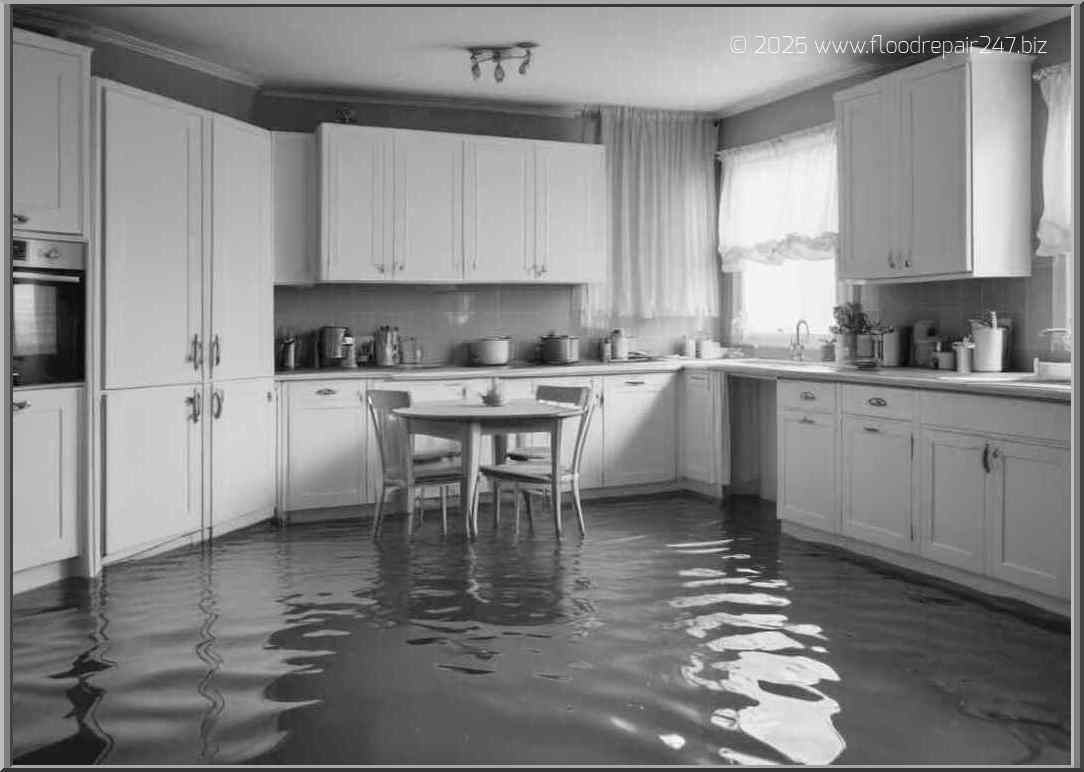
Protecting against Harmful Contaminants:
Water damage scenarios, such as pipe bursts or flooding events, introduce moisture into the environment, creating the perfect breeding ground for bacteria and mold growth. These contaminants can multiply rapidly and compromise both your property's structural integrity and indoor air quality. By utilizing antimicrobial treatments during cleanup efforts, professional technicians ensure that harmful microorganisms are effectively neutralized on contact.
Eliminating Unpleasant Odors:
One of the telltale signs of water damage is often a musty odor caused by mold colonies releasing volatile organic compounds (VOCs). These odorous gases not only make a space uncomfortable but also indicate potential health hazards lurking within damp areas. Applying antimicrobials aids in eliminating these unpleasant smells at their source while simultaneously addressing any underlying microbial issue contributing to them.
Preventing Secondary Damage:
Without prompt treatment after water intrusion incidents occur, secondary damage can emerge over time due to prolonged exposure to moisture. Mold growth and wood rot are two significant concerns that may arise if excess moisture remains unchecked. Employing antimicrobials promptly following water-related accidents helps prevent these long-term consequences by inhibiting microbial proliferation before it becomes unmanageable.
Ensuring Occupant Health & Safety:
The safety and well-being of occupants remain paramount when managing water-damaged spaces. Bacteria like E.coli or Salmonella present severe health risks when allowed to thrive amidst wet materials or surfaces within your premises. By incorporating targeted antimicrobial treatments into the cleanup process, professional technicians prioritize the health and safety of individuals living or working in the affected area.
Compliance with Industry Standards:
Water damage restoration professionals strictly adhere to industry best practices and standards, such as those from reputable organizations like the Institute of Inspection, Cleaning and Restoration Certification (IICRC). These guidelines recommend utilizing antimicrobial agents for effective sanitation following water damage incidents. Partnering with certified experts guarantees compliance with these established benchmarks, assuring you of a thorough cleanup that meets stringent quality requirements.
Antimicrobial treatments play an integral role in water damage cleanup by ensuring surfaces are properly sanitized after water-related accidents. With their ability to eliminate harmful contaminants, mitigate odors, prevent secondary damage, and ensure occupant health and safety, this vital step offers peace of mind while safeguarding your property's integrity. When faced with water damage scenarios in your home or business premises across the United States - be sure to engage professionals who incorporate targeted antimicrobial treatments as part of their thorough restoration process.